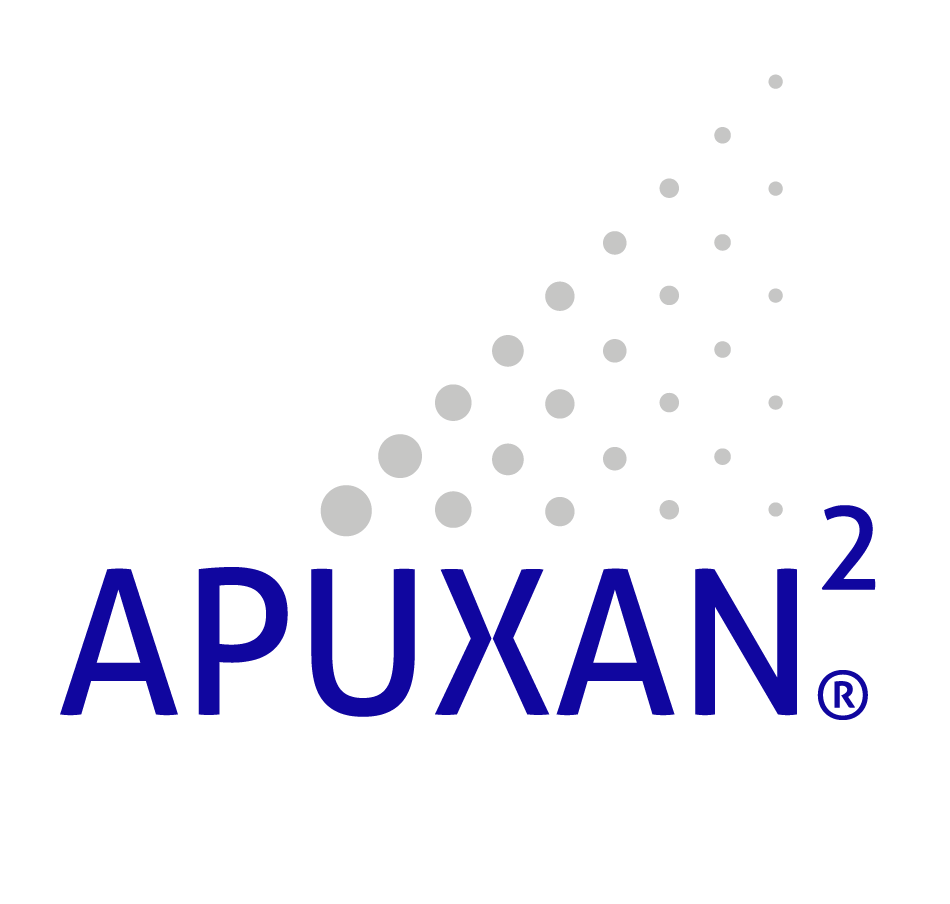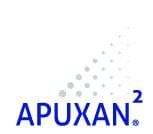Allergien sind auf dem Vormarsch und machen vielen Menschen das Leben schwer. Ein ungenügendes Immuntraining zählt zu den Hauptgründen für die Zunahme von Allergien. Schulmedizinisch wird hauptsächlich eine Symptomlinderung angestrebt. Als komplementärmedizinische Alternative für immunologische Störungen wie Allergien kommt die Mykotherapie mit ihren immunmodulierenden beta-Glucanen in Frage. Ein kontinuierliches Training mit natürlichen Immunstimulanzien kann helfen, überschießende Reaktionen des Immunsystems auszubalancieren. Jedoch sind beta-Glucane schwer wasserlöslich und können deshalb nur schlecht vom Organismus resorbiert werden. ApuXan enthält den gesamten Mandelpilz mit seinen beta-Glucanen in einer readily absorbable, löslichen Form
What are allergies?
Allergies are immune reactions of the body to non-infectious substances, which usually manifest themselves as local inflammations. An allergy is caused by a kind of "misjudgement" of the immune system on first contact with the substance, the so-called antigen. The immune system checks whether this substance can endanger the body. If the immune system makes a mistake and classifies a harmless substance as harmful, this is called sensitization. Initially, no symptoms of illness occur. It is not until the subsequent contact that the typical reactions such as a runny nose and itching of the eyes occur in pollen allergy sufferers.
How common are allergies and what are their causes?
Ein Drittel aller Deutschen entwickelt im Laufe ihres Lebens eine Allergie. Am häufigsten ist der Heuschnupfen, gefolgt von Kontaktekzemen, Nahrungsunverträglichkeiten und Neurodermitis. Neben erblichen Komponenten zählen Umwelteinflüsse zu möglichen Auslösern.1 Beide Faktoren können jedoch allein nicht für die Zunahme von Allergien verantwortlich sein. Eine Erklärung liefert die so genannte Hygiene-Hypothese2, der zufolge eine reduzierte Keimlast in der unmittelbaren Umgebung während Schwangerschaft und Kindheit für ein ungenügendes Training des Immunsystems verantwortlich ist. Infolgedessen kann das Immunsystem die Unterscheidung zwischen gefährlichen und nicht gefährlichen Strukturen nicht ausreichend effizient lernen und trifft häufiger Fehlentscheidungen.
What therapies are available?
If an allergy is detected, it is recommended to avoid the trigger if possible. Acute symptoms are relieved. Nasal sprays help to make breathing easier and eye drops can relieve itching. In addition, antihistamines can reduce the inflammatory reaction, but they are not without side effects. For long-term treatment of some allergies, hyposensitisation is a possible option, in which small, increasing doses of the allergen concerned are administered repeatedly over a longer period of time. The therapy should lead to a learning effect of the immune system, whereby the symptoms are alleviated and in the best case can disappear completely. However, there is not a therapeutic agent for hyposensitization for all allergies. In addition, many patients are put off by the often several years of therapy, which leads to a high failure rate.
The suffering of many allergy patients is therefore very high. Leisure activities are often only possible to a limited extent, visits to family and friends with animals are avoided or the diet is severely restricted. Therefore, the inclusion of further therapeutic measures such as a nutritional-physiological supplement is desirable for the patients. Mycotherapy with its immunostimulating beta-glucans is the most suitable complementary therapy for allergies.
What influence does beta-glucan have on allergies?
Die immunstimulierende Effect von beta-Glucanen kann bei Störungen des Immunsystems modulierend eingreifen. Die bei Allergien oft überschäumende und entzündungsfördernde Th2-Antwort kann durch eine beta-Glucan-initiierte Aktivierung der Th1-Antwort gezielt ausbalanciert werden. Eine kontinuierliche Aktivierung des Immunsystems führt zu einem Trainingseffekt, der das Immunsystem aktiv hält und überschäumende Reaktionen unterdrücken kann.3-10
Mit ApuXan® und seinen Inhaltsstoffen Agaricus blue Murill und Zink halten Sie Ihr Immunsystem aktiviert und können einen effektiven Beitrag zur Reduzierung ihrer Allergiesymptome leisten.*
* Zinc contributes to a normal function of the immune system.
1:Langen, U., Schmitz, R. & Steppuhn, H. Prevalence of allergic diseases in Germany: results of the German Health Interview and Examination Survey for Adults (DEGS1). Bundesgesundheitsblatt Health Research Health Protection 56, 698-706, doi:10.1007/s00103-012-1652-7 (2013).
2:Mutius, E. Allergies, infections and the hygiene hypothesis–the epidemiological evidence. Immunobiology 212, 433-439 (2007).
3:Ellertsen, L. K. & Hetland, G. An extract of the medicinal mushroom Agaricus blue Murill can protect against allergy. Clin Mol Allergy 7, 6, doi:10.1186/1476-7961-7-6 (2009).
4:Jesenak, M., Hrubisko, M., Majtan, J., Rennerova, Z. & Banovcin, P. Anti-allergic effect of Pleuran (beta-glucan from Pleurotus ostreatus) in children with recurrent respiratory tract infections. Phytother Res 28, 471-474, doi:10.1002/ptr.5020 (2014).
5:Jesenak, M. et al. Immunomodulatory effect of pleuran (beta-glucan from Pleurotus ostreatus) in children with recurrent respiratory tract infections. Int Immunopharmacol 15, 395-399, doi:10.1016/j.intimp.2012.11.020 (2013).
6:Kirmaz, C., Bayrak, P., Yilmaz, O. & Yuksel, H. Effects of glucan treatment on the Th1/Th2 balance in patients with allergic rhinitis: a double-blind placebo-controlled study. Eur Cytokines Netw 16, 128-134 (2005).
7:Miraglia Del Giudice, M. et al. Resveratrol plus carboxymethyl-beta-glucan reduces nasal symptoms in children with pollen-induced allergic rhinitis. Curr Med Res Opin 30, 1931-1935, doi:10.1185/03007995.2014.938731 (2014).
8:Miraglia Del Giudice, M. et al. Resveratrol plus carboxymethyl-beta-glucan may affect respiratory infections in children with allergic rhinitis. Pediatric Allergy Immunol 25, 724-728, doi:10.1111/pai.12279 (2014).
9:Varricchio, A. M. et al. Resveratrol plus carboxymethyl-beta-glucan in children with recurrent respiratory infections: a preliminary and real-life experience. Ital J Pediatr 40, 93, doi:10.1186/s13052-014-0093-3 (2014).
10:Yamada, J., Hamuro, J., Hatanaka, H., Hamabata, K. & Kinoshita, S. Alleviation of seasonal allergic symptoms with superfine beta-1,3-glucan: a randomized study. J Allergy Clin Immunol 119, 1119-1126, doi:10.1016/j.jaci.2007.02.005 (2007).

